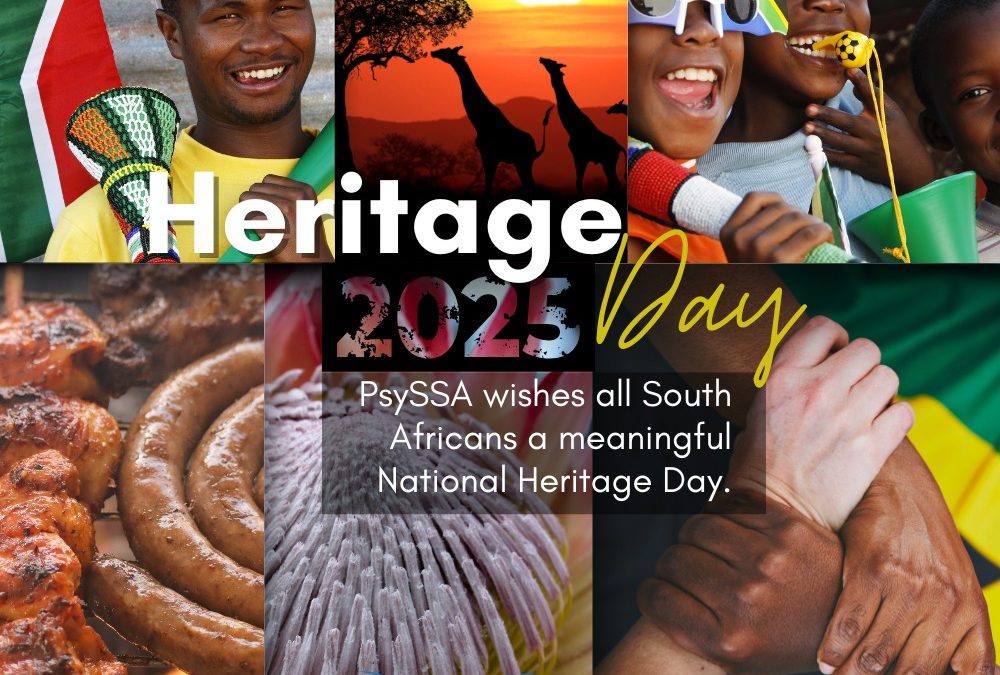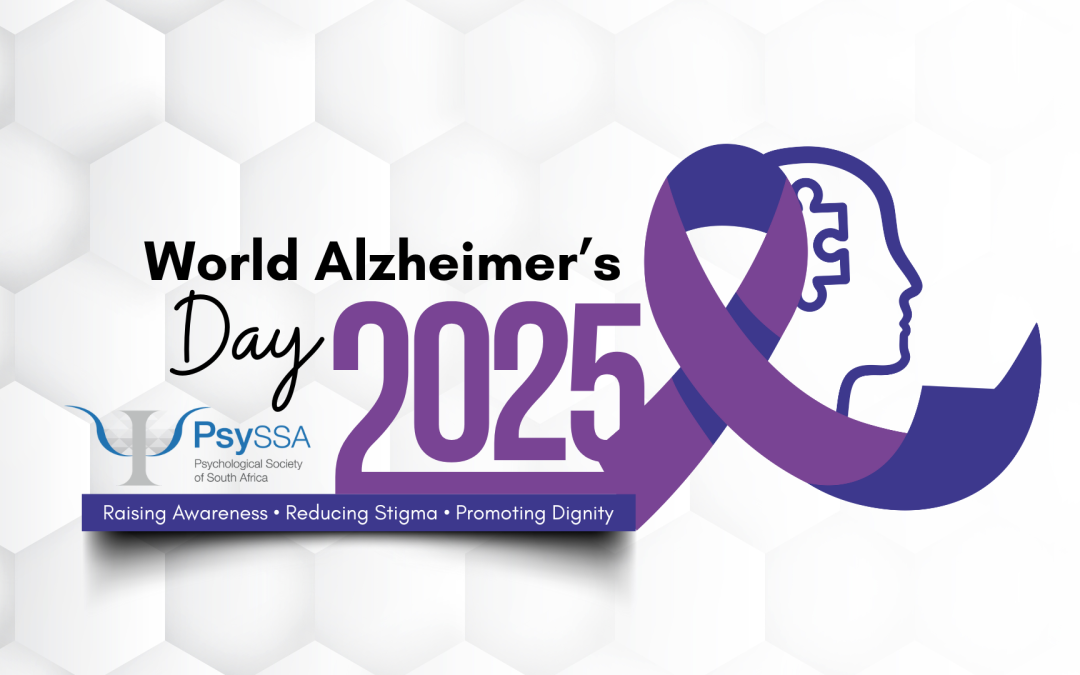
Word Trauma Day – A call to highlight Psychological First Aid following trauma
by Lynne Richards & Leonie Vorster, on behalf of the Trauma and Violence Division
 World Trauma Day, commemorated on 17 October, seeks to emphasise the importance of creating contexts in which people can recover and thrive following an incident of trauma (South African Government, 2025). Traumatic events or ‘Big T’ traumas are incidents which leave individuals vulnerable to negative psychological effects and trauma-based diagnoses (Gilmoor et al., 2019). Findings from the South Africa Stress and Health Study indicate that most South Africans experience at least one traumatic event during their lives, with many experiencing multiple traumatic events (Williams et al., 2007). With the mental health treatment gap increasing following the COVID-19 pandemic, the need for low-level interventions provided by cadres at a grassroots level to assist survivors of trauma remains.
World Trauma Day, commemorated on 17 October, seeks to emphasise the importance of creating contexts in which people can recover and thrive following an incident of trauma (South African Government, 2025). Traumatic events or ‘Big T’ traumas are incidents which leave individuals vulnerable to negative psychological effects and trauma-based diagnoses (Gilmoor et al., 2019). Findings from the South Africa Stress and Health Study indicate that most South Africans experience at least one traumatic event during their lives, with many experiencing multiple traumatic events (Williams et al., 2007). With the mental health treatment gap increasing following the COVID-19 pandemic, the need for low-level interventions provided by cadres at a grassroots level to assist survivors of trauma remains.
Historically, trauma debriefing was encouraged following traumatic events, with many professionals and lay counsellors trained in this practice. However, research has provided no evidence of reduced mental health and the practice may even worsen mental health (Arancibia et al., 2022; Rose et al., 2002). Increasingly, Psychological First Aid (PFA) has been promoted as a suitable method for lay health workers and frontline workers to mitigate the impact of crises (Wang et al., 2021). According to the World Health Organisation (2011), PFS is described as ‘human, supportive and practical help to fellow human beings suffering a serious crisis event’.
PFA focuses on immediate, non-intrusive support and stabilisation of individuals in the immediate period following a crisis. The key principles of PFA include providing practical care and support following an assessment of an individual’s immediate needs. At its core, it involves using a person-centred approach to listening to the other without expecting them to talk or share their experience. Further, it encourages connecting people to information, services, and social support to ensure they are protected from further harm (World Health Organisation, 2011). The World Health Organisation manual expands on the Look, Listen and Link model (World Health Organisation, 2011).
Professionals within the field of psychology can play a larger role than the provision of the above service. Various organisations, including the World Health Organisation, provide manualised training which can be provided by facilitators, such as psychological practitioners, to upskill lay individuals within communities. This presents an opportunity for mental health professionals to create opportunities for social engagement and integration within the communities in which they live and work. Let us not miss this opportunity!
References
Arancibia, M., Leyton, F., Moran, J., Muga, A., Rios, U., Sepulveda, E., Vallejo-Correa, V. (2022). Psychological debriefing in acute traumatic events. Evidence synthesis. Medwave, 22(1), 002538. https://doi.org/10.5867/medwave.2022.01.002538
Gilmoor, A. R., Adithy, A. & Regeer, B. (2019). The cross-cultural validity of post-traumatic stress disorder and post-traumatic stress symptoms in the Indian context: A systematic search and review. Frontiers in Psychiatry, 4(10)439. https://doi.org/10.3389/fpsyt.2019.00439
Rose, S., Bisson, J., Churchill, R., & Wessely, S. (2002). [Psychological debriefing for preventing post traumatic stress disorder (PTSD). Cochrane Database Systematic Review,2, CD000560 https://doi.org/10.1002/14651858.CD000560
South African Government (2025). World Trauma Day. https://www.gov.za/world-trauma-day-1
Wang, L., Norman, I., Xiao, T., Li, Y. & Leamy, M. (2021). Psychological first aid training: A scoping review of its application, outcomes, and implementation. International Journal of Environmental Research and Public Health, 18(9), 4594. https://doi.org/10.3390/ijerph18094594
Williams, S., Williams, D., Stein, D., Seedat, S., Jackson, P., & Moomal, H. (2007). Multiple traumatic events and psychological distress: The South African Stress and Health Study. Journal of Traumatic Stress, 20(5), 845-855. https://doi.org/10.1002/jts.20252
World Health Organisation (2011). Psychological first aid: Guide for field workers. https://www.who.int/publications/i/item/9789241548205









